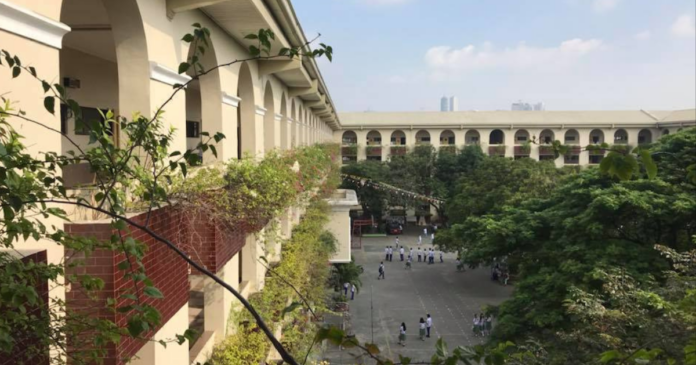With continued investment in teacher development, digital literacy, and school infrastructure, these efforts will help raise the quality of education and provide long-term benefits to Filipino students.
The World Bank has consistently highlighted significant challenges facing the Philippine education system, particularly in the aftermath of the COVID-19 pandemic.
With extended school closures and the transition to distance learning, the country has witnessed a sharp decline in education quality. According to the World Bank, the Philippine education sector faces an “impending human capital crisis,” as the pandemic has exacerbated pre-existing educational weaknesses, resulting to long-term learning losses and inequities.
This crisis has intensified the need for comprehensive education reforms.
The Philippine government has launched several initiatives, including the K-12 system and the Matatag Curriculum, aimed at making learning more focused and adaptable to the changing needs of students. The Matatag Curriculum, introduced by the Department of Education (DepEd) in 2023, simplifies the educational process by focusing on foundational skills such as literacy, numeracy, and socio-emotional development.
One such change is the Second Congressional Commission on Education (EDCOM II), which calls for stronger coordination between government agencies, the private sector, and education stakeholders. EDCOM II emphasizes the importance of enhancing teacher training, improving classroom resources, and ensuring greater investment in educational infrastructure.
A key player in these reform efforts is Synergeia Foundation, a civil society organization (CSO) that works closely with local governments and communities to improve education. Synergeia focuses on transforming educational governance by creating stronger partnerships between local governments, schools, and communities. They lead initiatives that promote inclusive education and have pioneered programs like the Seal of Good Education Governance, which recognizes local government units for their efforts to improve education.
Together, these reforms, alongside private sector collaboration, are key to creating a resilient, future-ready education system in the Philippines.
With continued investment in teacher development, digital literacy, and school infrastructure, these efforts will help raise the quality of education and provide long-term benefits to Filipino students.



